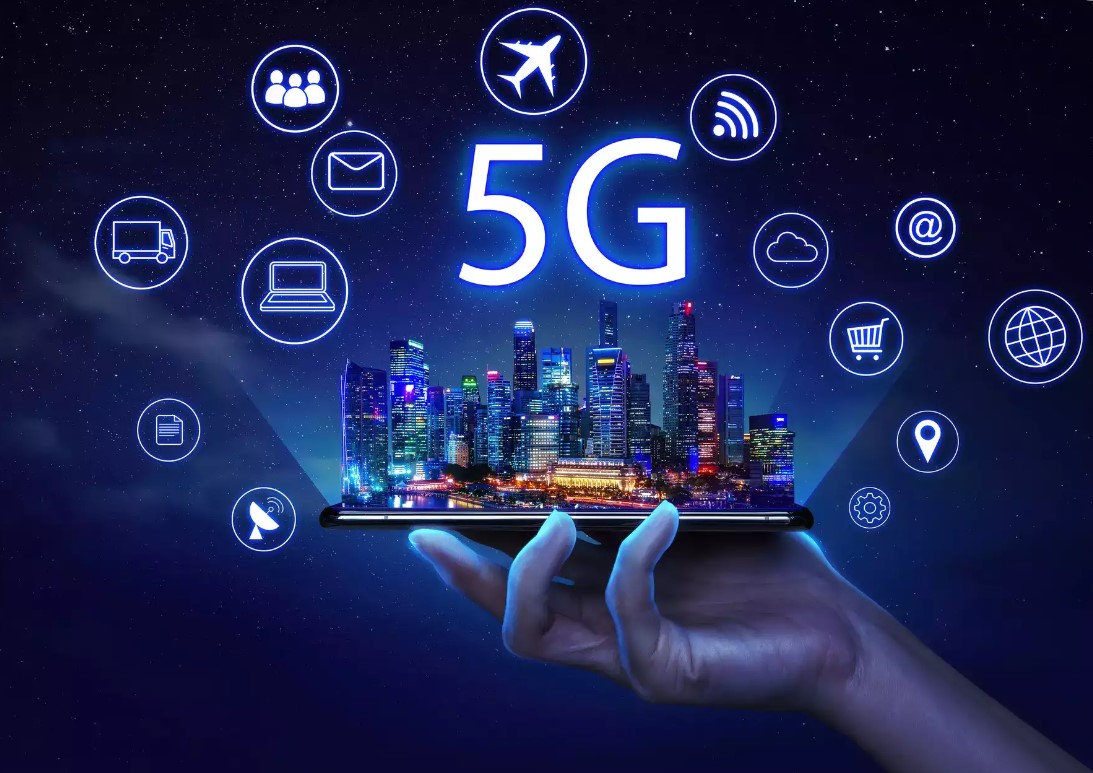5G Adoption and Investment
- According to researchers, about 1.5 billion people will have access to 5G by 2024, covering about 40% of the world.
- Gartner predicts that 5G investment will likely surpass LTE/4G in 2022, reaching $19.1 billion.
- China is leading the global 5G race, accounting for 49.4% of the worldwide investment in 2020. Chinese CSPs can seamlessly build 5G networks due to the country’s economic infrastructure, minimal legal challenges, and state sponsorship.
- Ericsson estimates that there will be over 10 million 5G subscriptions worldwide by the end of 2019 and up to 400 million subscriptions by 2024.
- Ericsson also projects that by 2024, at least 65% of the world’s population will have used 5G.
5G Speed and Performance
- 5G can offer speeds of up to 10 gigabits per second (Gbps), which is about 100 times faster than 4G LTE. That means you can download a 4K movie in 25 seconds with 5G, compared to 8 minutes with 4G LTE.
- 5G can also reduce latency, which is the time it takes for data to travel from one point to another, to as low as 1 millisecond (ms), which is about 50 times lower than 4G LTE. That means you can enjoy smoother video streaming, gaming, and virtual reality experiences with 5G.
- 5G can also support more devices per square kilometer, up to 1 million, compared to 100,000 with 4G LTE. That means you can connect more smart devices, such as sensors, cameras, and wearables, with 5G.
5G Use Cases and Impacts
- 5G is not just for smartphones, but for a wide range of connected services, such as enhanced mobile broadband, mission-critical communications, and massive IoT.
- Enhanced mobile broadband: In addition to making our smartphones better, 5G can enable new immersive experiences such as virtual reality (VR) and augmented reality (AR) with faster, more uniform data rates, lower latency, and lower cost-per-bit.
- Mission-critical communications: 5G can enable new services that require ultra-reliable, available, low-latency links, such as remote control of critical infrastructure, vehicles, and medical procedures.
- Massive IoT: 5G can enable the massive deployment of IoT devices that can collect and transmit data for various purposes, such as smart cities, smart agriculture, smart logistics, and smart health.
- According to Qualcomm, 5G has the potential to generate up to $13.2 trillion in global economic output by 2035 and support up to 22.3 million jobs.









